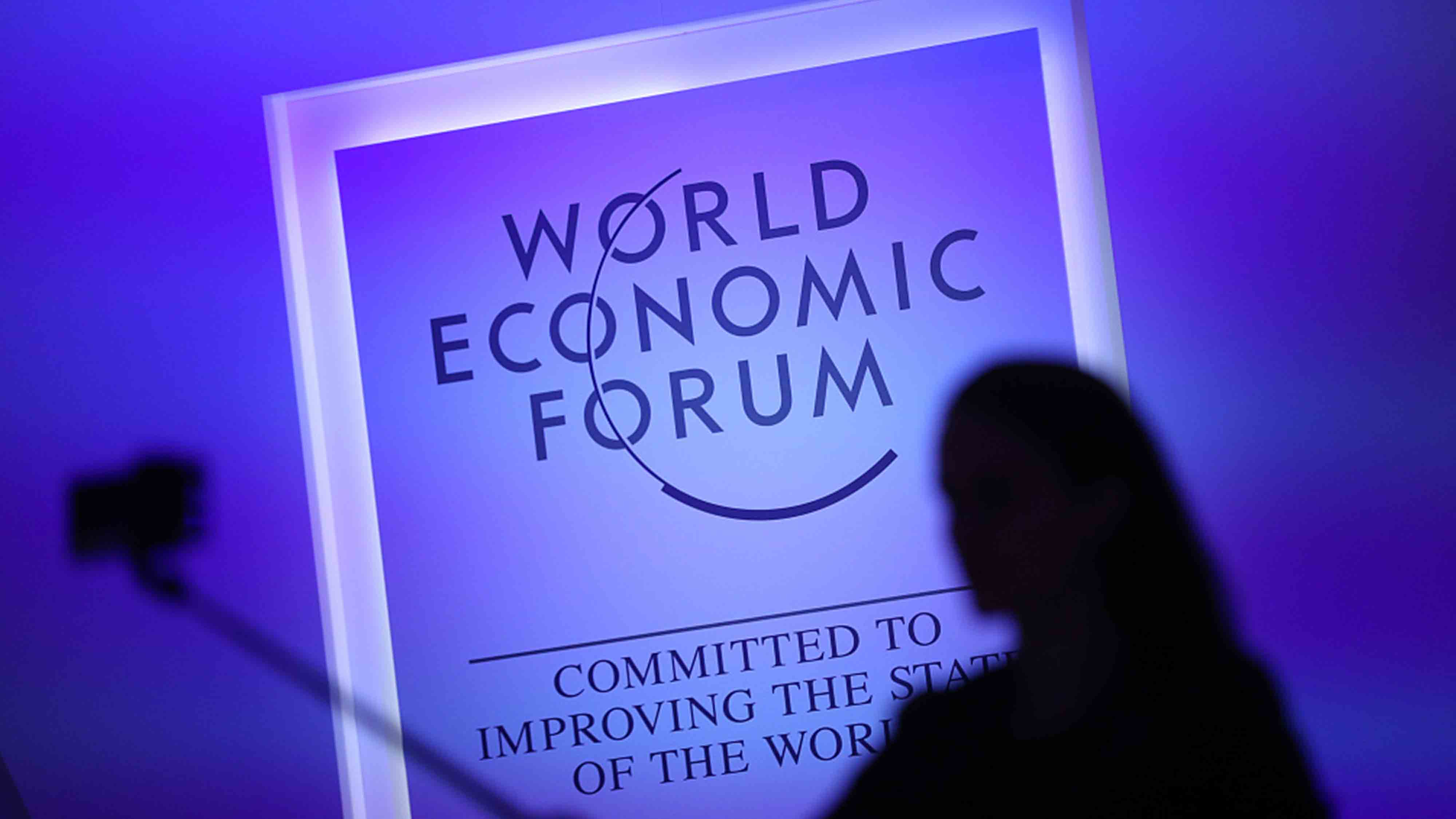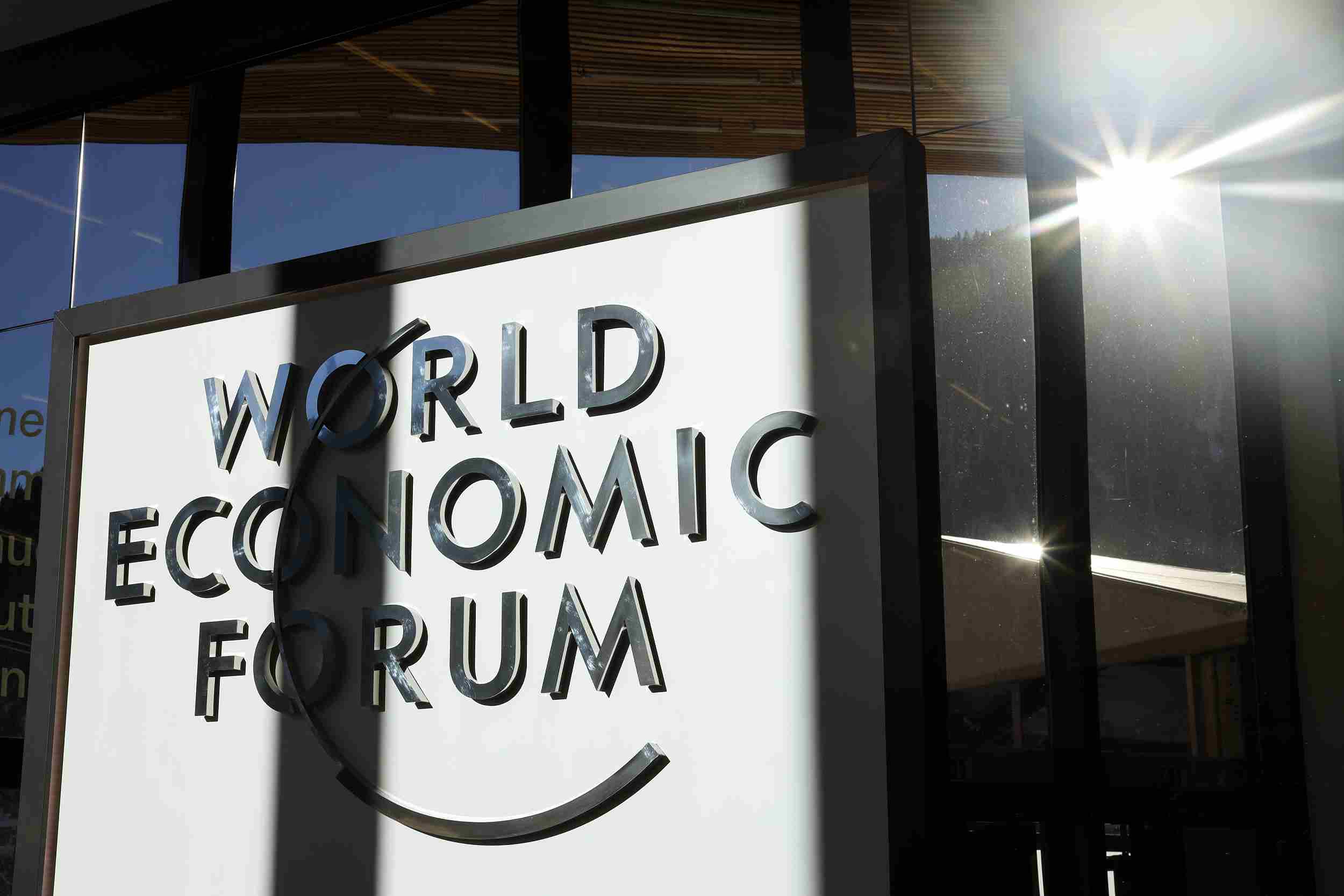
Biz Analysis
22:02, 22-Jan-2019
Scott Minerd: Global economy will not slip into another recession despite uncertainties
By CGTN Global Business
09:20

A new survey from the audit giant PwC shows that there is a sharp drop in confidence in the world economy among global CEOs.
The share of chief executives who think the global economy will slow over the next year has jumped to nearly 30 percent from five percent in 2018, according to the survey that was published to coincide with the beginning of the World Economic Forum (WEF). However, Scott Minerd, Global Chief Investment Officer with Guggenheim Partners, does not believe the global economy will slip into another recession that fast.
From last year's euphoria over tax-cuts and stock market reaching new highs to this year's pessimism toward the world market, the mood at the WEF has gone through quite a roller-coaster ride. “I don't think that 2019 is not going to be as bad as 2018,” Minerd said, that's because “central banks around the world are starting to wake up: Federal Reserve realizes that there is a global growth slowdown; PBOC comes up with reserve rate cuts. Policy makers are on alert with President Xi's comments last night. They all realize something has to be done to stimulate growth.”
Minerd also said that he will keep a close eye on the next move of the European Central Bank and the Bank of Japan. That's because European countries are always slow in reacting to growth changes and it will take some time for them to move in the right direction. While Japan, already on very low interest rates and with no end to its quantitative easing policy, is running out of options.

VCG Photo
VCG Photo
2018 has been a banner year for the U.S. economy with its gross domestic product rising at 3.5 percent in the third quarter and at 4.2 percent in the second quarter, according to the Bureau of Economic Statistics. The economy has been firing on most of its cylinders, as consumer spending increases and corporate investment rises.
But uncertainties are lurking in the dark. These uncertainties include the possibility of a trade war escalation between China and the U.S., rising populism in EU members, such as Italy, and a growth slowdown in Germany, all of which can weigh on the U.S. economy.
But Minerd pointed out that “history shows that when Fed goes on pause, about 50 percent of the time it ends up reducing rates….I'm pretty optimistic that we would not go into a global recession, because policy makers are doing everything in their power to avoid it.”
When asked how to defuse the ongoing trade disputes between China and the U.S., Minerd noted that it is in the interest of both countries to get on the same page. “What's good for the U.S. is good for China and vice versa. Policy makers on both sides realize that trade war is not good….in the end, I believe two sides will do the right thing,” Minerd said.
Minerd also said that he is looking very closely at investment opportunities in China. But he is still waiting for more good news coming out of the country, including better industrial output, more follow throughs on reserve ratio, to give investors an all-clear sign on Chinese assets.

SITEMAP
Copyright © 2018 CGTN. Beijing ICP prepared NO.16065310-3
Copyright © 2018 CGTN. Beijing ICP prepared NO.16065310-3